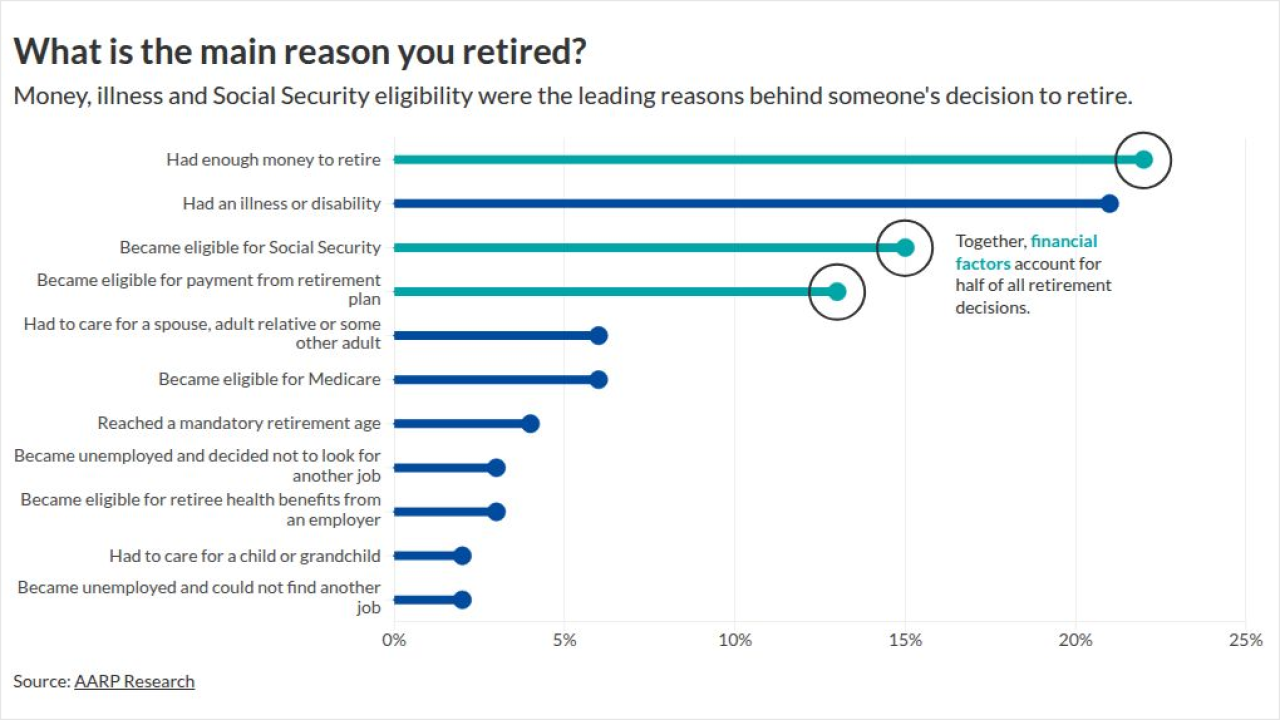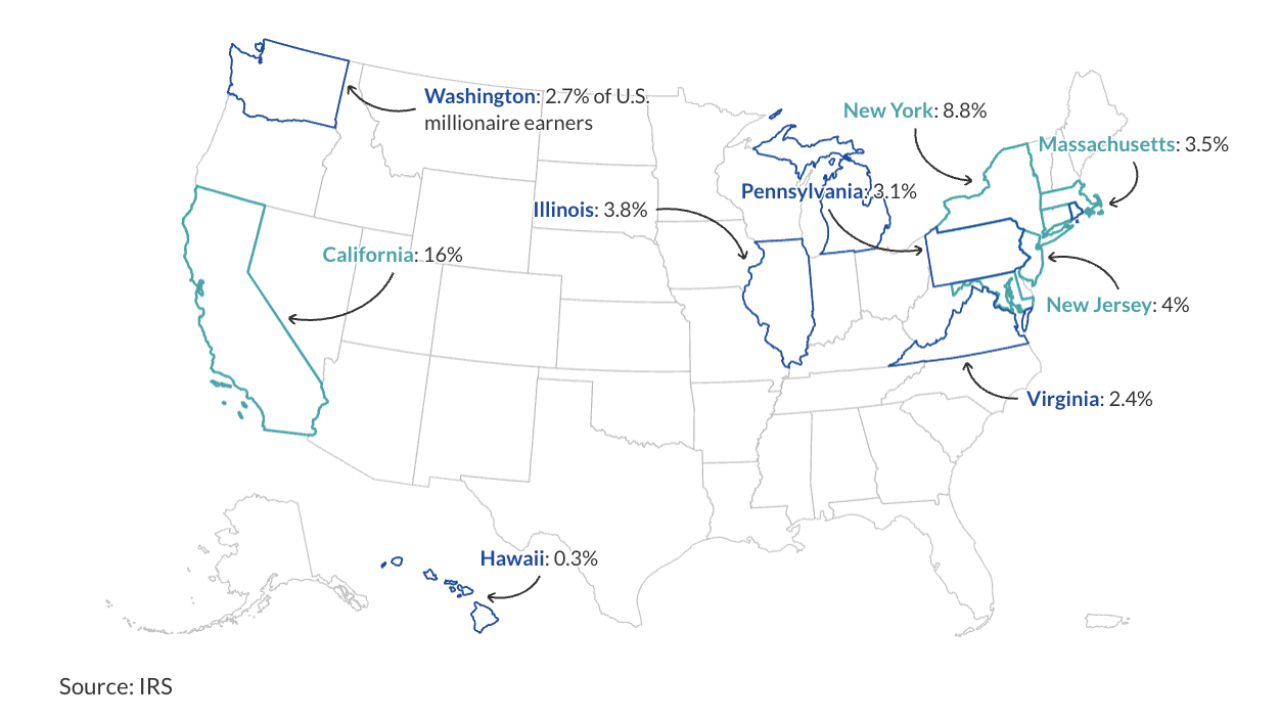Ex-financial advisor Louis Blazer III was ordered to pay almost $2 million to resolve allegations that he swindled millions of dollars from a handful of professional athletes, says the SEC.
The final judgement comes 15 months after an SEC complaint alleged Blazer stole $2.35 million from five clients, some professional-athletes, then lied about the thefts when regulators came knocking.

Without admitting or denying the charges, Blazer agreed to settle the case, the SEC says. The SEC barred the Pittsburgh-based advisor from the industry last year, according to FINRA BrokerCheck records.
Blazer, who represented himself in the case, according to court documents, could not be reached for comment.
The SEC complaint did not name any of the clients who were victims.
‘PONZI-LIKE’ PAYMENTS, SAYS SEC
Blazer allegedly invested the stolen money in movie projects from 2010 to 2012, according to the complaint.
Blazer invested $550,000 from one client’s account in the movie projects “Mafia the Movie” and “Siblings," in which he had personal financial interests, says the commission. After the client threatened to sue, Blazer repaid the client with money taken from a second client’s account in “Ponzi-like” fashion, says the regulator.
“To compensate for the shortfall, Blazer simply took funds from client accounts over which he had control, and used the money to finance the films,” according to the complaint.
An attorney for the SEC declined further comment.
Advisors continue to exit Commonwealth following its acquisition last year by former rival LPL Financial.
The move comes amid UBS executives' acknowledgement that they're trying to strike a balance between keeping advisors happy and improving the profit margin for their U.S. wealth business.
Jay Zigmont is the founder of Childfree Wealth and
SEC ALSO ALLEGES FORGERY
To facilitate the thefts, Blazer forged client signatures then lied on written SEC documents that probed the alleged embezzlements, says the commission.
Federal Judge J. Paul Oetken ordered Blazer to pay $1.8 million in disgorgement and prejudgment interest, and $150,000 as a civil penalty.
His firm, Blazer Capital Management, caters to professional athletes, entertainers and HNW individuals, according to its
Blazer previously worked at Merrill Lynch until 1995 when he left for Citigroup, among other firms, according to BrokerCheck. He started his career with Hibbard Brown & Company, which was expelled from FINRA in 1996, per BrokerCheck.
PRIOR HISTORY
In 2011, a professional athlete alleged Blazer misappropriated funds, seeking $4 million in damages, according to BrokerCheck records.
According to FINRA public records, Blazer commented: “This was a professional football player who over same [sic] period of time withdrew money (I believe recklessly) and despite numerous documented warnings about his spending habits continued to deplete his accounts forcing us to liquidate holdings prematurely to generate cash.”
The athlete's name was not available in the record.
The dispute was settled for $850,000, per BrokerCheck.








